Lately many libraries (probably more boards that run libraries composed of evangelicals or traditional Catholics, now in alliance against anything that doesn't endorse “heteronormativity”) are censoring LGBTQ-themed books, especially that bestselling book by John Oliver, A Day in the Life of Marlon Bundo, about a certain male bunny named Marlon Bundo who discovers the love of his life, who happens to be another male.
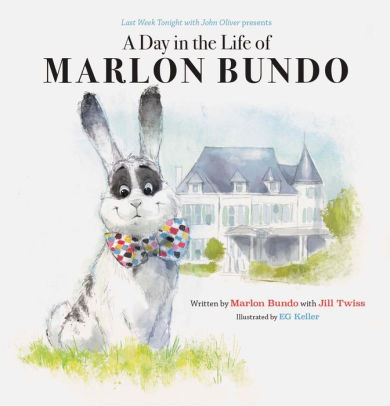
We seem to be going around in a circle where instead of a person, a book or any artistic creation is branded with as scarlet letter. Here are some the more extreme, even ludicrous instances of censorship against LGBTQ-related artistic creations:
Michaelangelo was homosexual, but he worked for a papacy which was becoming increasingly puritanical as it attempted to restrengthen itself in response to the Protestant Reformation. Male nudes appeared in his fresco The Last Judgment in the Sistine Chapel. In 1559, five years before the artist's death, the Vatican hired someone to paint loincloths on the more risuque ones. Poor Daniel de Volterra became “the breeches maker.” In 1563, after the Council of Trent really started to crack down on any nudity in religious art (or any art, in fact), there was even talk of destroying it. Luckily, it did not happen thanks to protests by nobles and other artists. The Church had to back down. (It needed money.)
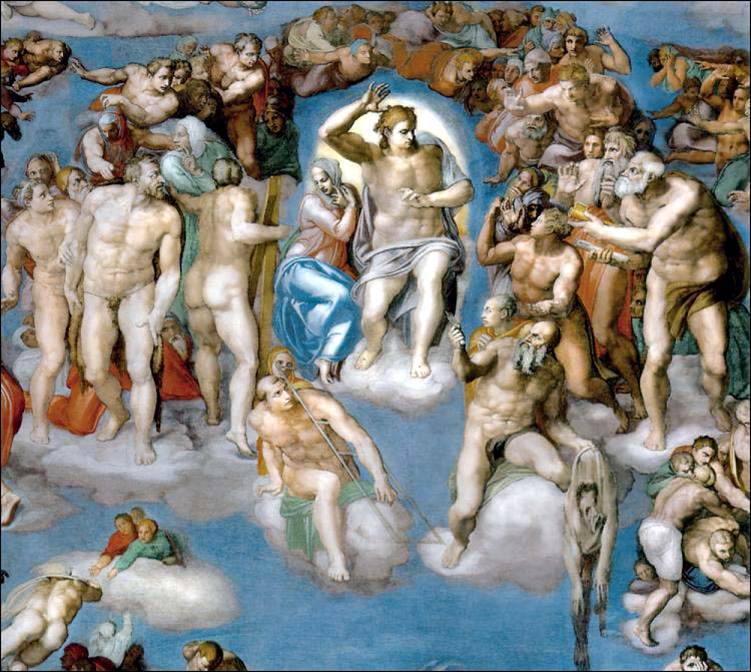
Then, much later, in 1933, a time of reaction to the Roaring Twenties, a shipment of art books containing images from The Last Judgment was seized by U.S. Customs as obscene material (someone who worked there had never heard of this painting; shows the importance of an liberal education, in my opinion). A few days later, the Treasure Department admitted the mistake and turned over the books.
Also during the 1930s, the screen version of Lillian Hellman's The Children's Hour was reworked, even bowdlerized, to omit any references to lesbianism. The lesbian character became a heterosexual, making the love triangle heteronormative. In fact, the Code, now in full force, even forbade meniton that the movie, called These Three, was based on the play.
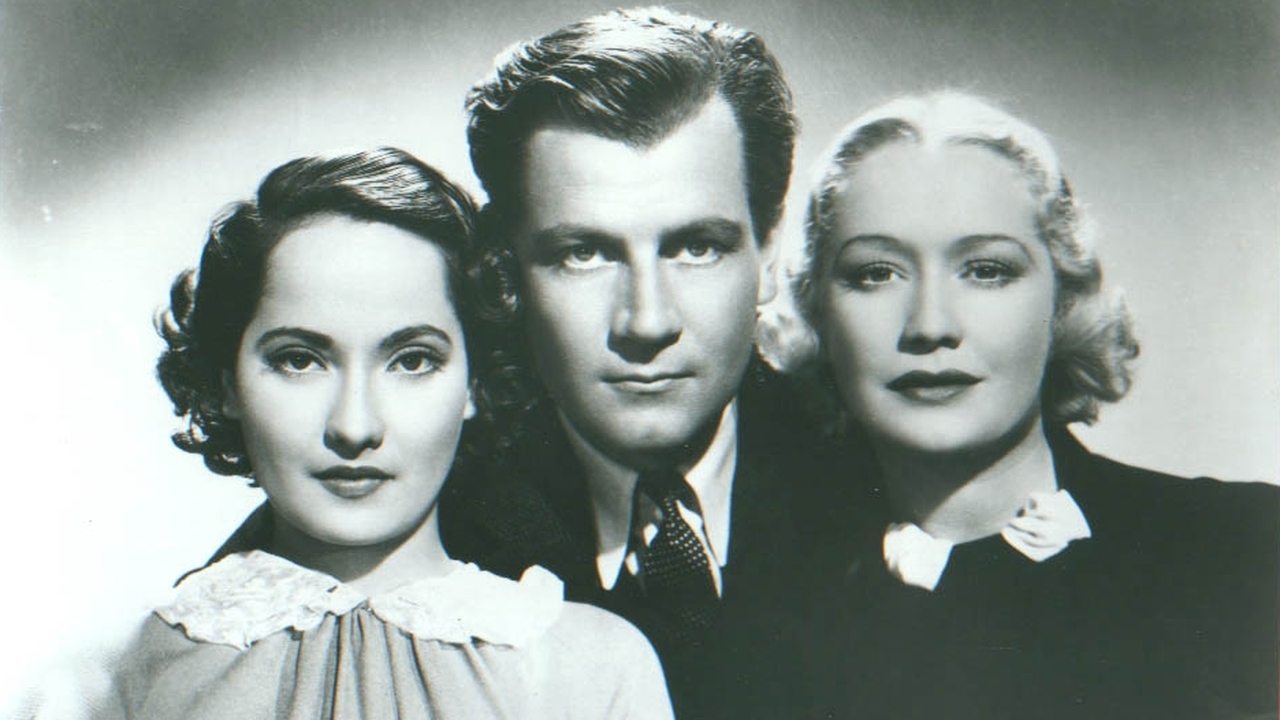
In 1961, the Motion Picture Association of America relaxed the code mentioned above, which forbade any portrayal of homosexuality on the screen. But, in 1962, it still did not approve of the film Victim, because it actually metioned those “H” words, homosexual and homosexuality, on screen. Its star, Dirk Bogarde, was gay, but given the overall social climate of the period, he had to keep it in the closet. (He came close to really revealing his sexuality when he sported tight leather pants in the campy Western, The Singer Not the Song.)
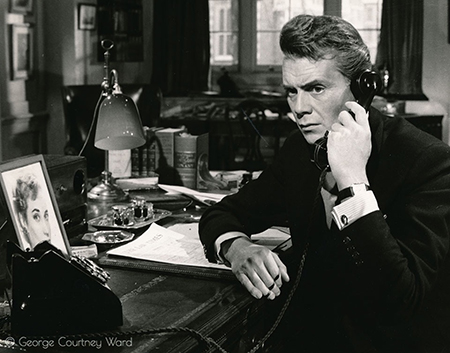
In 1979, when the sexual liberation movements were in full swing, right before the age of AIDS and the ascendancy of Reagan/Thatcher and the Religious Right, British customs officials seized and burned 100 copies of The Joy of Gay Sex. They ignored 200 copies of The Joy of Lesbian Sex, but in 1984 they seized and shredded both books.
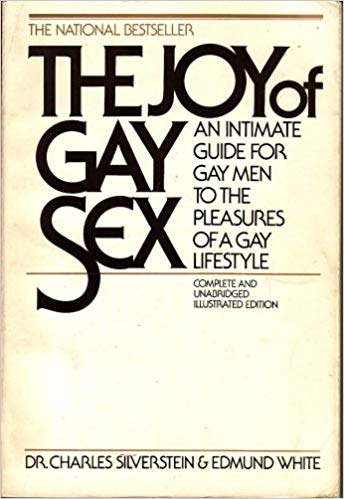
I wonder if the real issue here is fear combined with a substantial dose of ignorance. It's not like these creations are going to appeal to children, though I am certain some fanatics would use the for them appropriate religious imagery of The Last Judgment to scare children.
The irony here is those who would use power to limit knowledge and impose rigid boundaries, even though knowledge itself is power. When used wisely, it is a power that acknowleges limitation but at the same time understands that the world and those who dwell in it will always be more than we know.
Source: Leigh Rutledge, The Gay Book of Lists



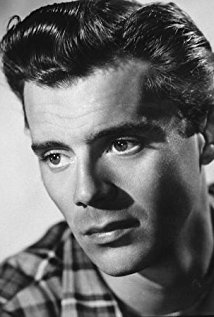
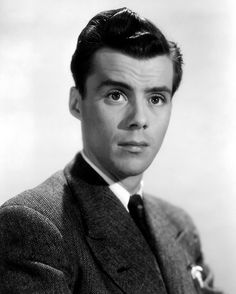
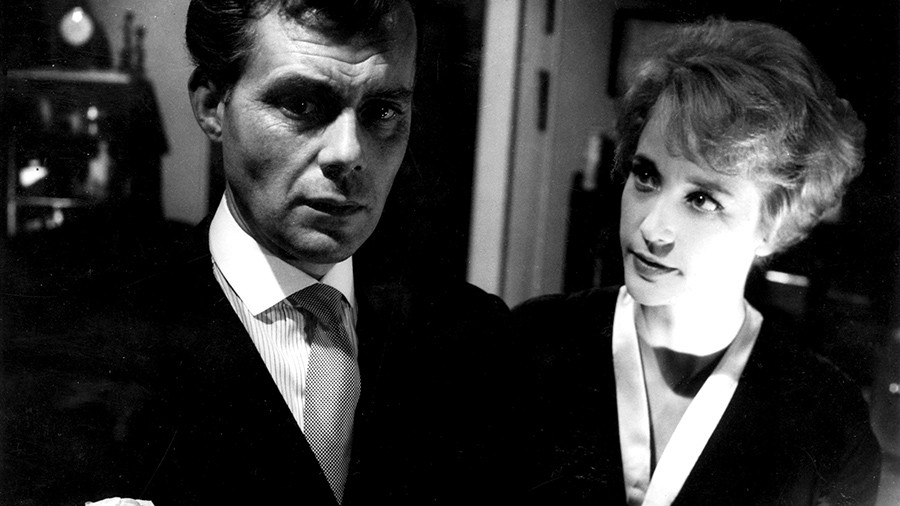
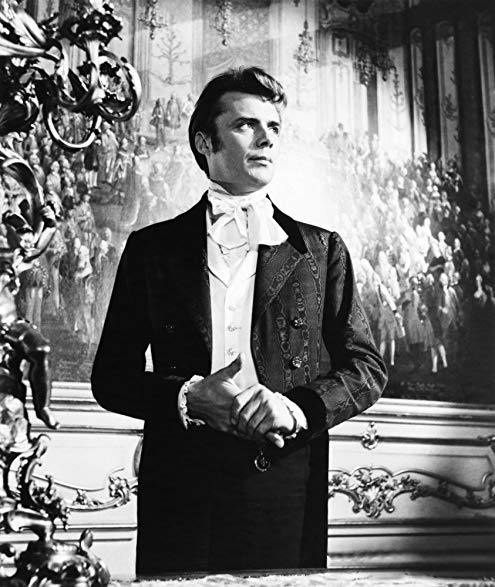
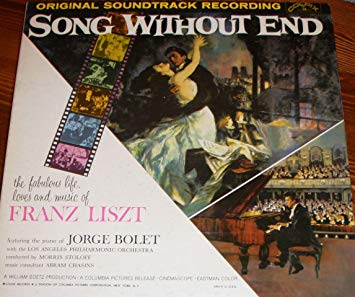
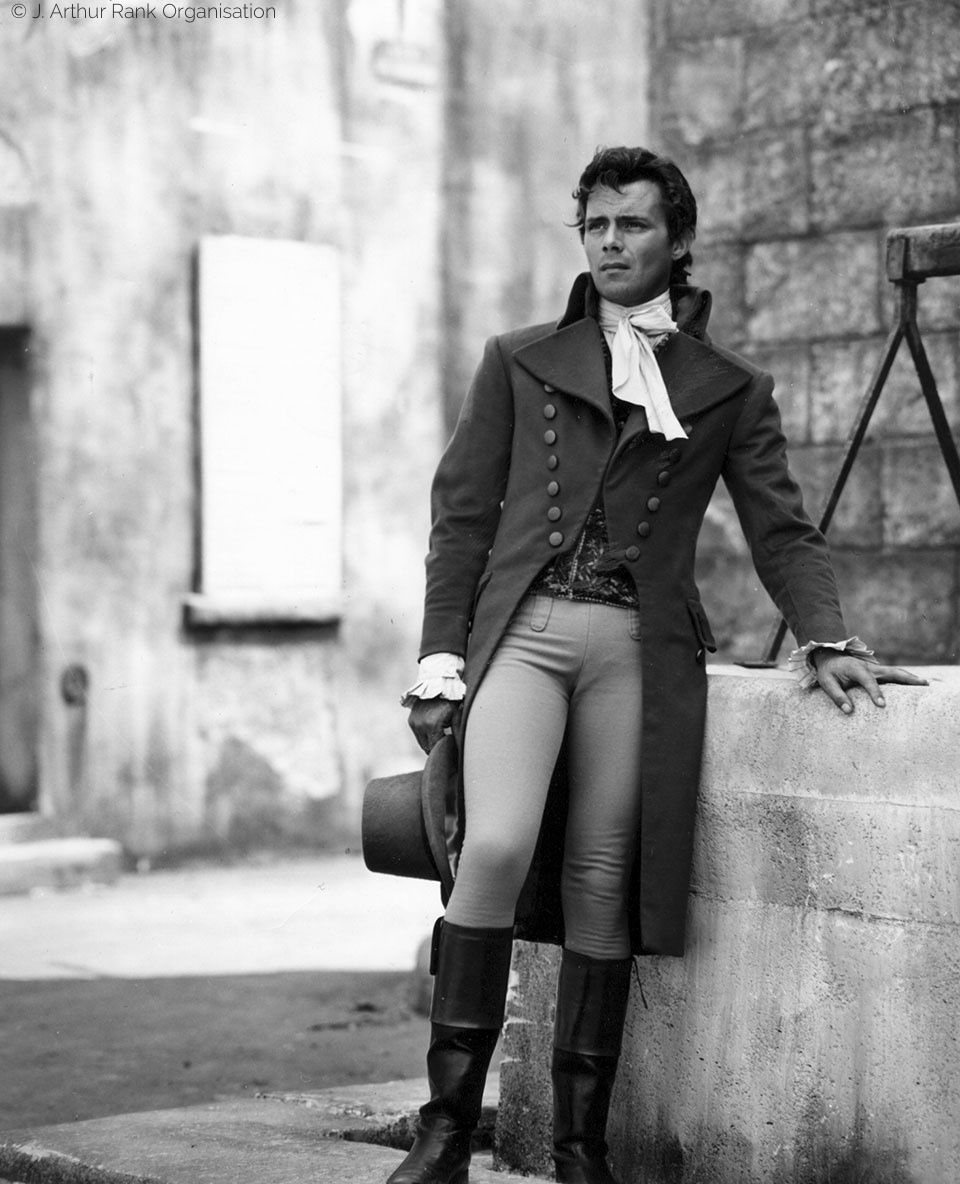
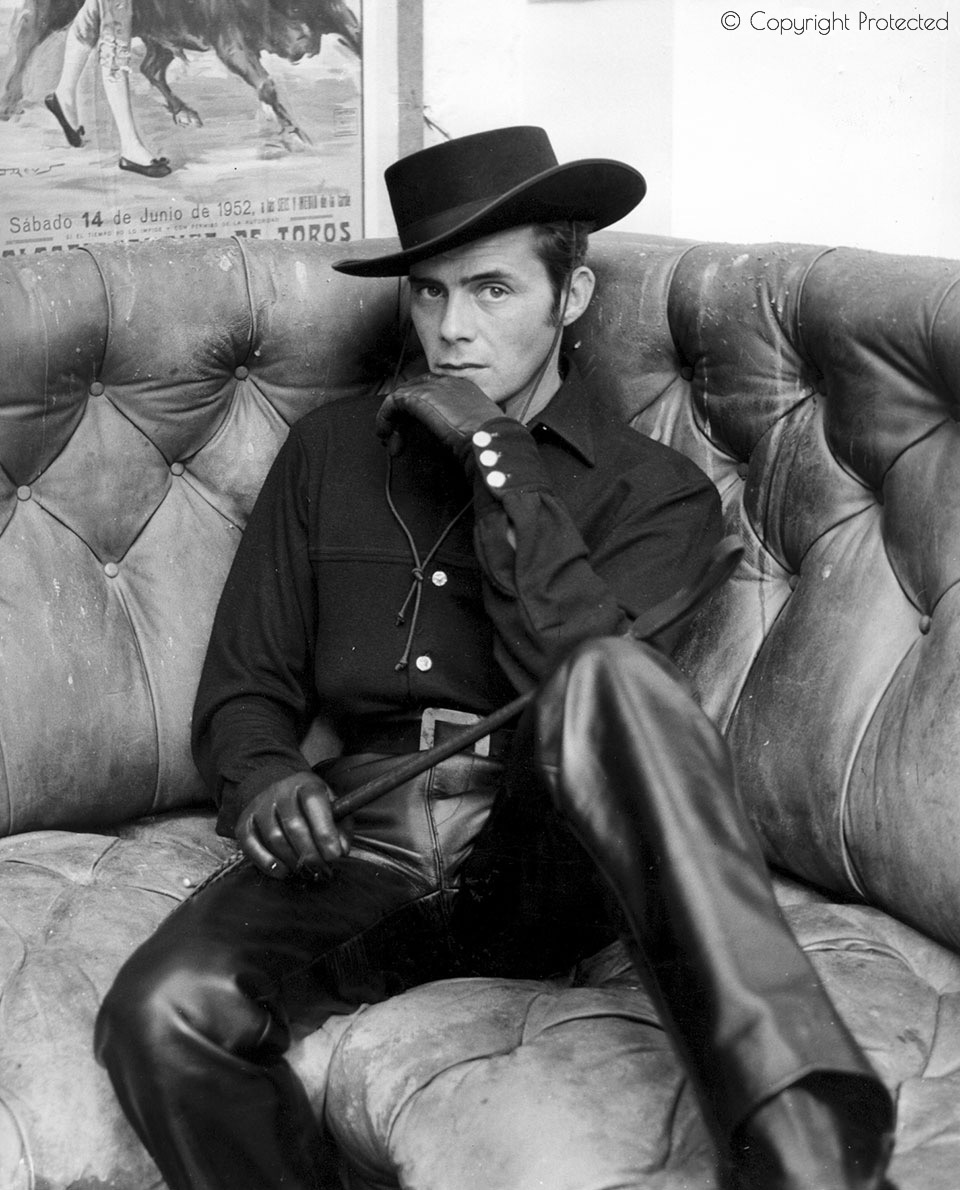
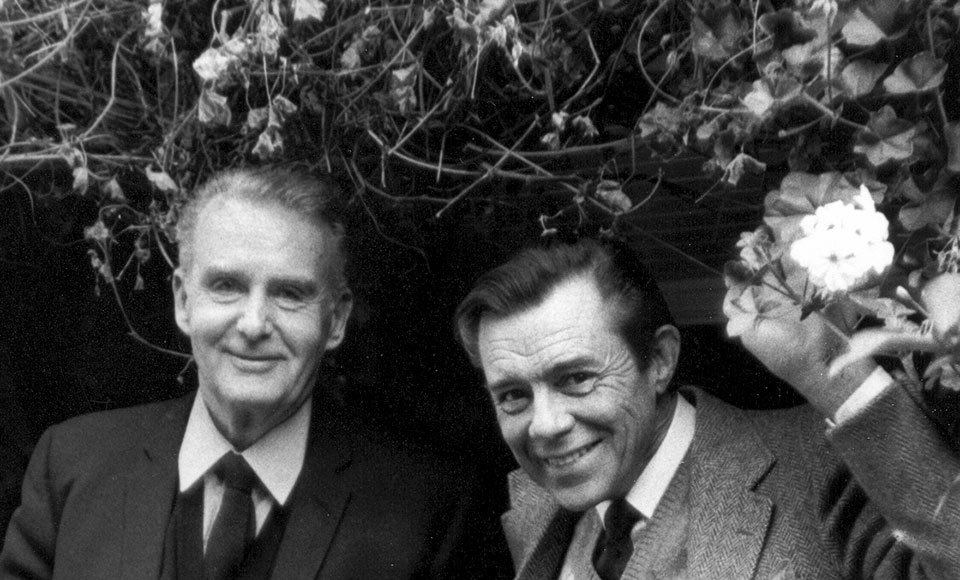
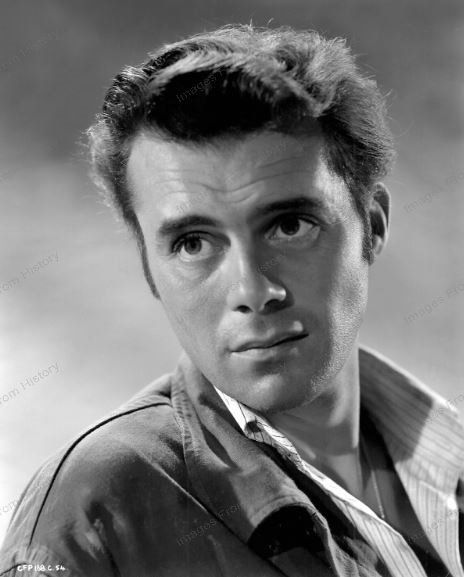
 Join our Email List
Join our Email List Like Us on Facebook
Like Us on Facebook Instagram
Instagram Youtube
Youtube Follow Us on Twitter
Follow Us on Twitter Follow us on Pinterest
Follow us on Pinterest